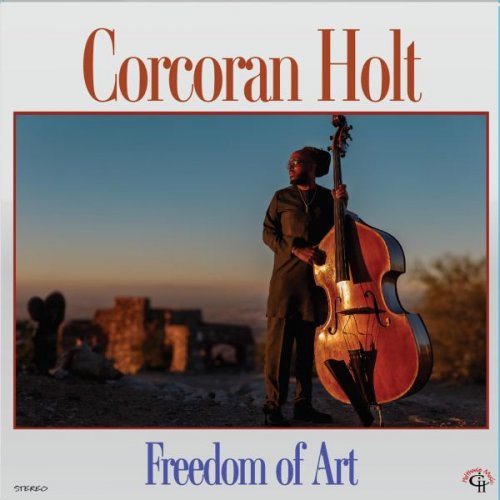Miles Davis - The Complete Bitches Brew Sessions (2004)
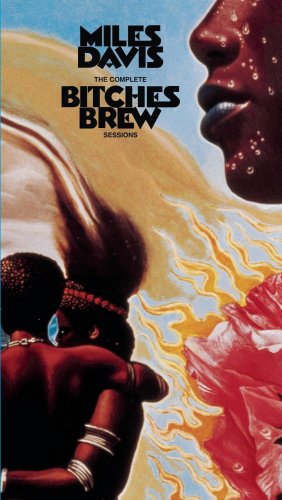
Artist: Miles Davis
Title: The Complete Bitches Brew Sessions
Year Of Release: 2004
Label: Columbia / Legacy
Genre: Jazz
Quality: FLAC (image + .cue, log, artwork) / MP3
Total Time: 4:25:32
Total Size: 2.63 / 1.54 GB
WebSite: Album Preview
Tracklist:Title: The Complete Bitches Brew Sessions
Year Of Release: 2004
Label: Columbia / Legacy
Genre: Jazz
Quality: FLAC (image + .cue, log, artwork) / MP3
Total Time: 4:25:32
Total Size: 2.63 / 1.54 GB
WebSite: Album Preview
Disc 1
1-1 Pharaoh's Dance (20:05)
1-2 Bitches Brew (26:58)
1-3 Spanish Key (17:32)
1-4 John McLaughlin (4:22)
Disc 2
2-1 Miles Runs The Voodoo Down (14:01)
2-2 Sanctuary (10:56)
2-3 Great Expectations (13:45)
2-4 Orange Lady (13:50)
2-5 Yaphet (9:39)
2-6 Corrado (13:11)
Disc 3
3-1 Trevere (5:55)
3-2 The Big Green Serpent (3:35)
3-3 The Little Blue Frog (alternate take) (12:13)
3-4 The Little Blue Frog (9:09)
3-5 Lonely Fire (21:09)
3-6 Guinnevere (21:07)
Disc 4
4-1 Feio (11:49)
4-2 Double Image (8:25)
4-3 Recollections (18:54)
4-4 Take It Or Leave It (2:13)
4-5 Double Image (5:52)
Miles Davis invented a whole new jazz form with the release of Bitches Brew in 1970, and now here's a whole new way of listening to that jazz rock masterpiece-a 4-CD set containing not just the complete original album and material from the Big Fun, Circle in the Round and Live-Evil sessions, but NINE unreleased tracks totaling about 85 minutes of newly discovered music!
These historic sessions, recorded between 1969 and 1970 and originally released as a 90-minute double LP, merged jazz and rock into the hybrid genre known as fusion. They remain Miles Davis's most controversial recordings. Davis, along with pianists Herbie Hancock, Chick Corea, and Joe Zawinul; bassist Dave Holland; soprano saxophonist Wayne Shorter; bass clarinetist Benny Maupin; drummers Jack DeJohnette, Billy Cobham, and Lenny White; and percussionist Airto Moreira, went electric with rock rhythms, and the rest, as they say, is history, or as some feel, the end of jazz history.
Now, all of the sessions' 265 minutes are contained on this four-CD set, compiled from alternate takes, nine unreleased tracks, and selections from previously released LPs. The superb remastering reveals the spectral power of Davis's amplified, muted, and open trumpet painting on a swirling harmonic canvas created by Hancock, Corea, and Zawinul, especially on Zawinul's impressionistic "Pharoah's Dance," Shorter's elliptical "Sanctuary," and Davis's rocking "John McLaughlin."
The previously unreleased tracks, including "Yaphet," "Corrado," "Tevere," "The Big Green Serpent," and Zawinul's "Double Image," contain some interesting East Indian motifs and inventive arrangements but will probably not change anyone's mind about this well-debated period of Miles Davis's career. -- Eugene Holley Jr.
These historic sessions, recorded between 1969 and 1970 and originally released as a 90-minute double LP, merged jazz and rock into the hybrid genre known as fusion. They remain Miles Davis's most controversial recordings. Davis, along with pianists Herbie Hancock, Chick Corea, and Joe Zawinul; bassist Dave Holland; soprano saxophonist Wayne Shorter; bass clarinetist Benny Maupin; drummers Jack DeJohnette, Billy Cobham, and Lenny White; and percussionist Airto Moreira, went electric with rock rhythms, and the rest, as they say, is history, or as some feel, the end of jazz history.
Now, all of the sessions' 265 minutes are contained on this four-CD set, compiled from alternate takes, nine unreleased tracks, and selections from previously released LPs. The superb remastering reveals the spectral power of Davis's amplified, muted, and open trumpet painting on a swirling harmonic canvas created by Hancock, Corea, and Zawinul, especially on Zawinul's impressionistic "Pharoah's Dance," Shorter's elliptical "Sanctuary," and Davis's rocking "John McLaughlin."
The previously unreleased tracks, including "Yaphet," "Corrado," "Tevere," "The Big Green Serpent," and Zawinul's "Double Image," contain some interesting East Indian motifs and inventive arrangements but will probably not change anyone's mind about this well-debated period of Miles Davis's career. -- Eugene Holley Jr.
Related Release:
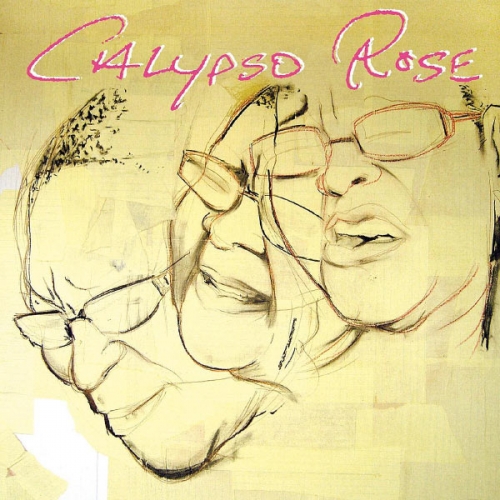
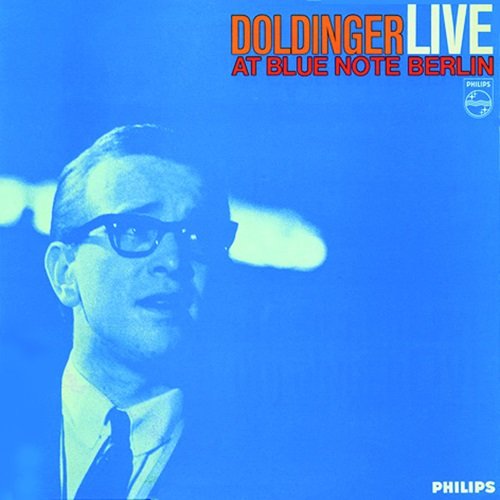
![Marius Neset - Time to Live (2026) [Hi-Res] Marius Neset - Time to Live (2026) [Hi-Res]](https://www.dibpic.com/uploads/posts/2026-02/1771945711_folder.jpg)
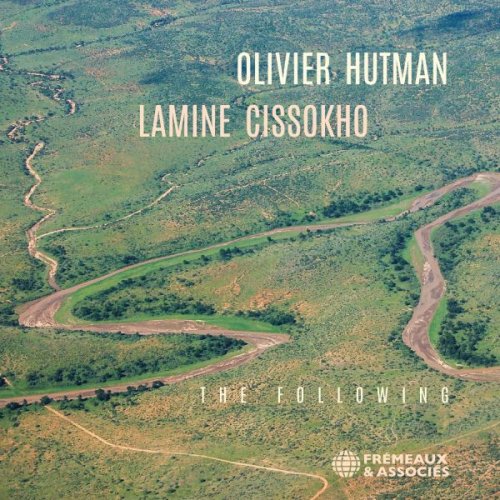
![Double Drums, Philipp Jungk & Alexander Glöggler - All You Can Beat (2026) [Hi-Res] Double Drums, Philipp Jungk & Alexander Glöggler - All You Can Beat (2026) [Hi-Res]](https://www.dibpic.com/uploads/posts/2026-02/1771946421_folder.jpg)
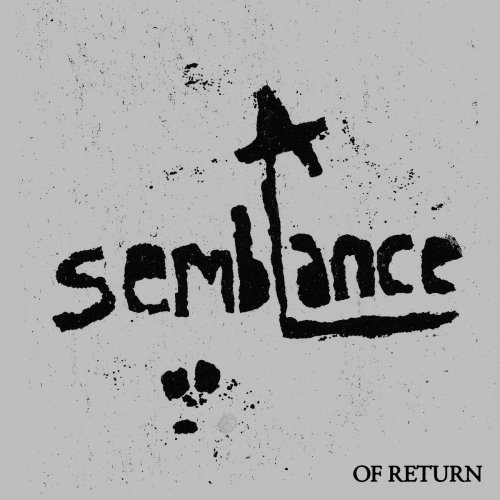
![Larry Coryell - Major Jazz Minor Blues (1998) [CDRip] Larry Coryell - Major Jazz Minor Blues (1998) [CDRip]](https://www.dibpic.com/uploads/posts/2026-02/1771860317_5.jpg)

